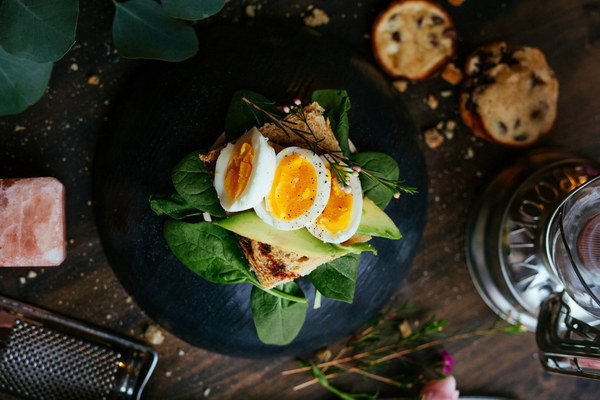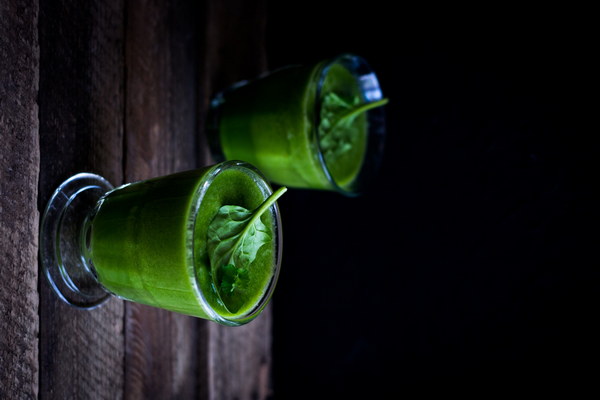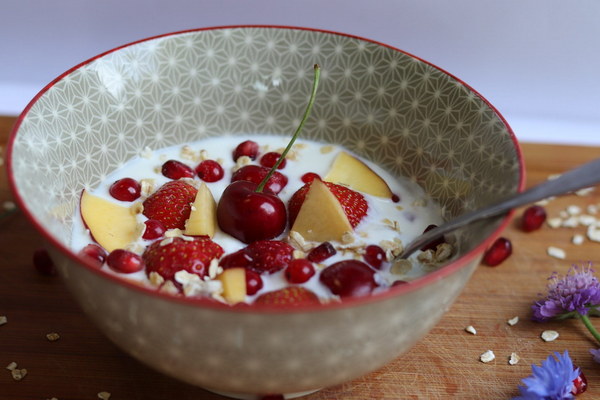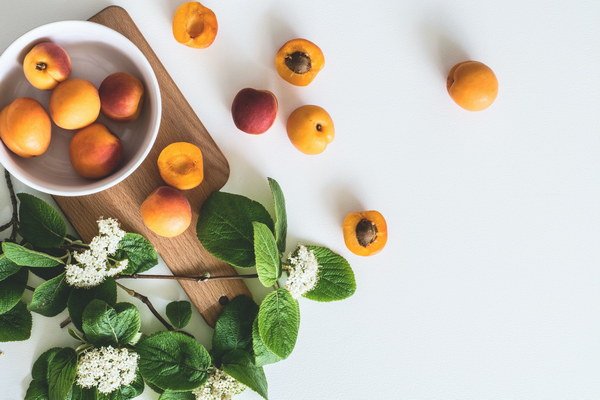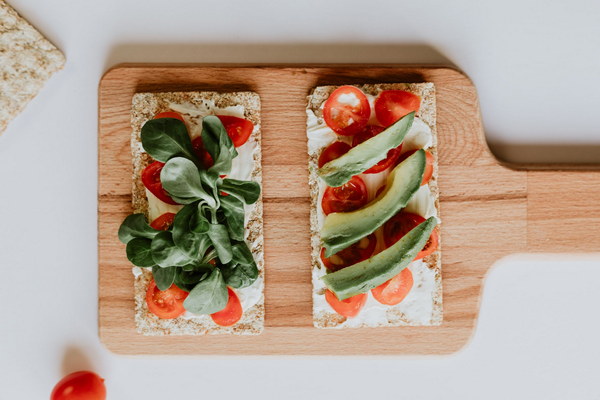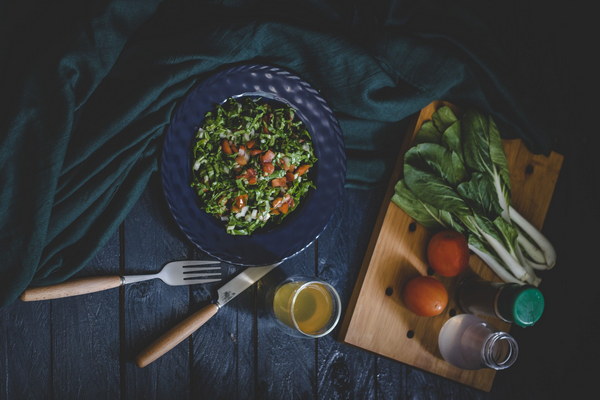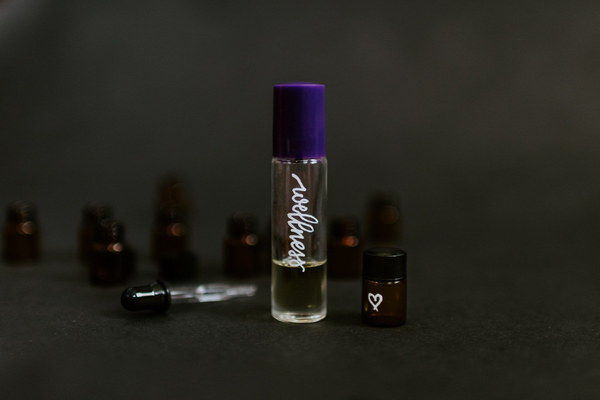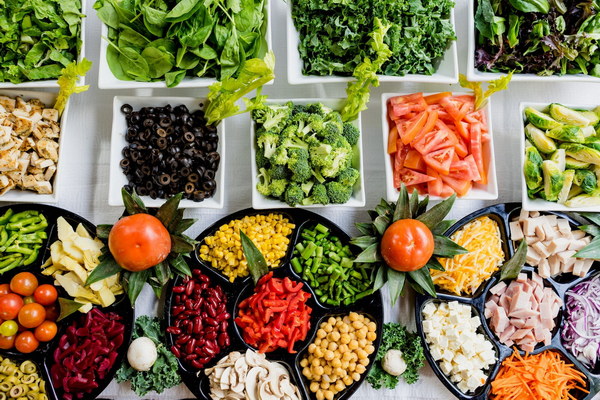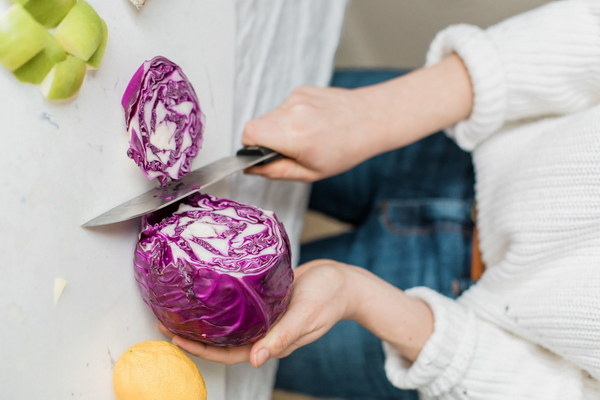Liver Health Navigating the Dos and Don'ts of Liver-Friendly Foods
Introduction:
The liver is one of the most vital organs in our body, responsible for filtering toxins, producing bile, and metabolizing nutrients. Keeping the liver healthy is essential for overall well-being. One way to achieve this is by being mindful of our diet and avoiding certain foods that can harm liver function. In this article, we will discuss the key foods to avoid for liver health and provide you with a liver-friendly diet plan.
1. Foods High in Trans Fats
Trans fats are found in many processed foods, including baked goods, fried foods, and some margarines. These unhealthy fats can lead to inflammation and liver damage. Replace these foods with healthier options, such as avocados, nuts, and olive oil.
2. Excessive Alcohol Consumption
Excessive alcohol consumption is a leading cause of liver disease, including cirrhosis and liver cancer. Limit your alcohol intake to moderate amounts, or better yet, avoid alcohol altogether to protect your liver.
3. Refined Sugars and High-Glycemic Foods
Refined sugars and high-glycemic foods can lead to insulin resistance and fat accumulation in the liver, contributing to non-alcoholic fatty liver disease (NAFLD). Opt for low-glycemic foods, such as vegetables, whole grains, and legumes, instead of processed foods, white bread, and sugary drinks.
4. Processed and Packaged Foods
Processed and packaged foods often contain high levels of salt, preservatives, and artificial ingredients, which can put stress on the liver. Choose whole, unprocessed foods whenever possible and minimize the consumption of processed items.
5. High-Sodium Foods
High-sodium diets can lead to fluid retention and increased blood pressure, both of which can strain the liver. Reduce your sodium intake by avoiding processed foods, using herbs and spices instead of salt, and cooking your meals at home.
6. Artificial Sweeteners
Artificial sweeteners have been linked to liver damage and inflammation. Opt for natural sweeteners, such as honey, maple syrup, or stevia, instead of artificial ones.
7. Deep-Fried Foods
Deep-fried foods are high in unhealthy fats and can lead to inflammation and liver damage. Choose healthier cooking methods, such as baking, steaming, or grilling, to prepare your meals.
8. Excessive Caffeine Consumption
While moderate caffeine consumption is generally safe, excessive caffeine intake can lead to dehydration and increased stress on the liver. Limit your caffeine intake and stay hydrated by drinking plenty of water.
Liver-Friendly Diet Plan:
Here's a sample liver-friendly diet plan to help you maintain a healthy liver:
Breakfast:
- Oatmeal with fresh berries and a drizzle of honey
- Green smoothie with spinach, banana, almond milk, and a scoop of protein powder
Lunch:
- Grilled chicken salad with a variety of vegetables and olive oil dressing
- Quinoa and black bean salad with avocado and lime juice
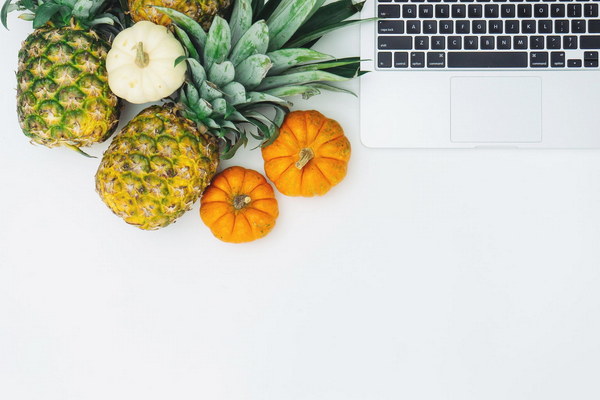
Snacks:
- Fresh fruit or a handful of nuts
- Greek yogurt with a drizzle of honey and a sprinkle of cinnamon
Dinner:
- Baked salmon with steamed broccoli and quinoa
- Stir-fried tofu with mixed vegetables and brown rice
Hydration:
- Aim for at least 8-10 glasses of water per day
- Add slices of lemon or cucumber to your water for flavor
Conclusion:
By avoiding harmful foods and incorporating liver-friendly options into your diet, you can significantly reduce the risk of liver disease and maintain optimal liver health. Remember to consult with a healthcare professional or a registered dietitian before making any significant changes to your diet.
